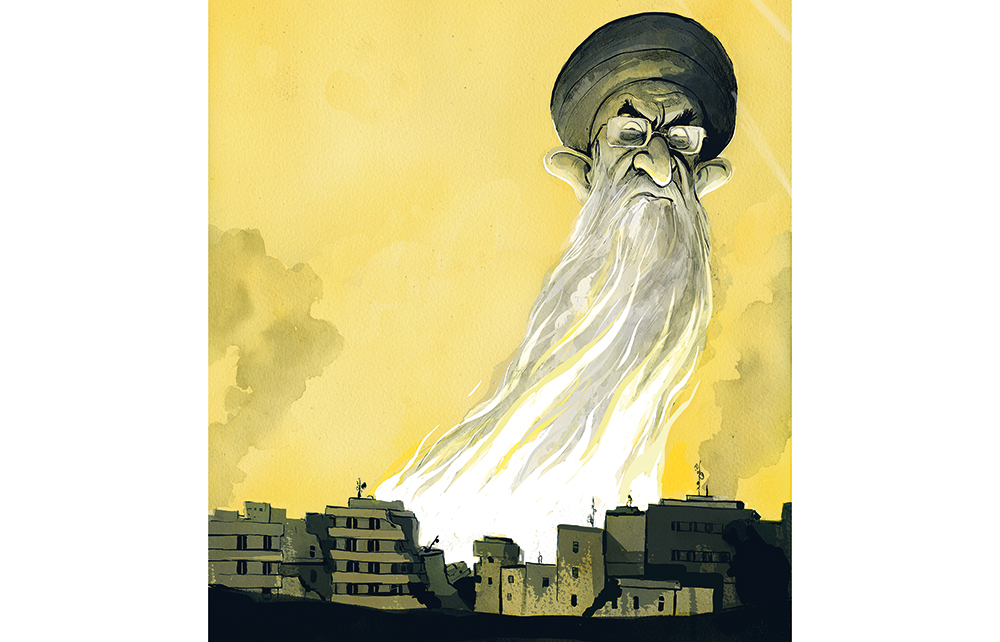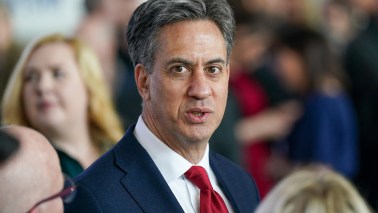Paul Wood has narrated this article for you to listen to.
A little more than a week before Hamas carried out its Operation Al-Aqsa Flood, the US National Security Advisor, Jake Sullivan, said: ‘The Middle East region is quieter today than it has been in two decades.’ Sullivan was expressing a consensus view, one apparently shared by the Israeli government. Then came the attacks of last weekend and, as the Israeli President, Isaac Herzog, said, ‘Not since the Holocaust have so many Jews been killed in one day.’ The surprise attacks have been called Israel’s 9/11, its Pearl Harbor, and so the question Israelis are asking is: how could this happen? And of more consequence, perhaps: who was really behind it?
The sheer scale of the attack may not have been planned. Things got out of control
Iran’s Supreme Leader, Ayatollah Ali Kha-menei, denies it was him. In a televised speech he said: ‘We kiss the foreheads and arms of the resourceful and intelligent designers [of the operation]… but those who say that the recent great event is the work of non-Palestinians are making miscalculations.’ Khamenei delivered his speech wearing a Palestinian scarf. There followed some standard rhetoric about ‘the Zionist regime’s’ ultimate defeat. ‘I say that this devastating earthquake has managed to destroy some of the main structures of the oppressive regime’s rule, the reconstruction of which is not easily achievable.’
What happened in Israel is certainly being celebrated in Iran’s official media – a cartoon in a government-run newspaper shows a Palestinian boy making the victory sign with his fingers and holding two balloons that read ‘1k’, a reference to the death of more than 1,000 Israelis. The caption reads: ‘We reached a thousand.’ But the US government says its intelligence agencies have yet to find proof that Iran planned these attacks.







Comments
Join the debate for just £1 a month
Be part of the conversation with other Spectator readers by getting your first three months for £3.
UNLOCK ACCESS Just £1 a monthAlready a subscriber? Log in